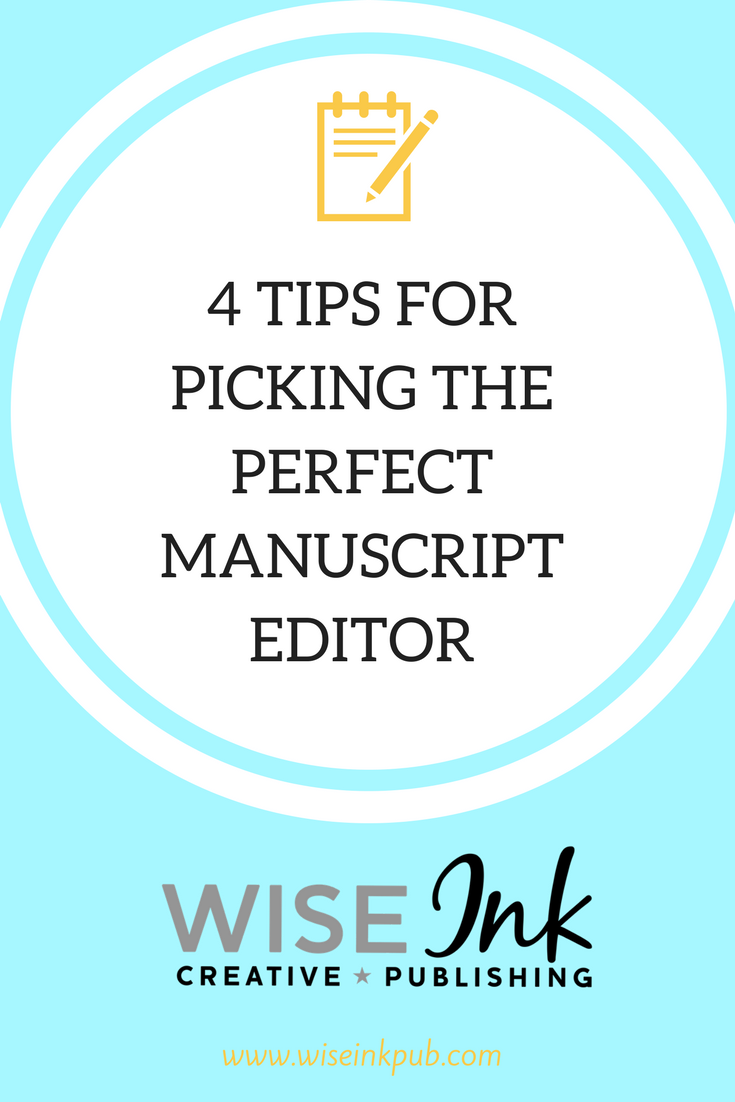
“Because editors are not magic people who wave wands and fix a book instantly: you can’t hire one person to do everything, and especially not all in one pass.
It’s not always the editor who’s at fault if typos still remain–it’s the process.” (Courtney Milan)
So you’ve decided to self-publish, but now you are left with the task of editing your. entire. manuscript. What are some tips on picking an editor and getting this piece of work looking glorious and beautiful?
Tip #1: Decide what kind of editor you need
Do you need someone to check for continuity errors or look over your grammar? Do you want someone who will cross off every comma you use or someone who will fact-check your work? Do you need someone who will look at the big picture and help you with things like story arcs? The editing process takes a lot of work, and sometimes involves all of these things, which is why it is good to think about what editing needs to be done, who you will need, and who will be a good fit for that need, which leads us to . . .
Tip #2: Ask for a sample
If you’re like most writers, then you consider your work your precious brainchild that needs to be protected and cherished. Who is going to be the best person to look over your child and tenderly raise it rather than scold it at every opportunity? Select a small sample of your manuscript and send it to the editor (it should be the same sample to each editor you send it to) and compare the way each editor handles the work. This should give you a pretty good idea on who you will want to work with through this process. Who will do a good job, and who just gets you?
Tip #3: Figure out a timeframe and start looking early
This is a two-for-one because there’s a couple things to consider when it comes to the timing of the project. For starters, you may want to start looking for an editor before you are completely done with your work. This doesn’t mean that your work will be a pile of ideas and you’ll pick someone to edit that pile of ideas, but it just means that you may want to start researching who will be a good fit and be in your price range before you’ve finished so that the process for moving your work along goes more smoothly. Have an idea of the timeframe you want for the editing and publishing process, which basically means: think about when you want your book to come out and think of the steps you need to get there. How long will each step take? Is this realistic for when you actually want to launch your book?
Tip #4: Be prepared for what the editing process entails
Your editor (or editing team) will be like your bestie. Your bestie cares about you and your work, but he or she is going to tell you like it is. This means that you sometimes need to face the truth, and the truth can hurt. Keep in mind that the edits do not mean that that is what your work is going to end up looking like in the end, but there may be a lot of mark-ups and comments in the name of making your work better. Your work could end up looking entirely different than when it started, but that’s a good thing. Your work will have most likely changed for the better!
So where can you find an editor for your work? You can always check in author communities on forums and ask for advice or see which editing sites/services other writers recommend, but here is a helpful directory of freelancers:
Editorial Freelancers Association
There is also the Professional Editors Network, which is a website where editors profile themselves and their skills:
